Are Pothos Plants Toxic to Cats? A Comprehensive Guide for Pet Owners
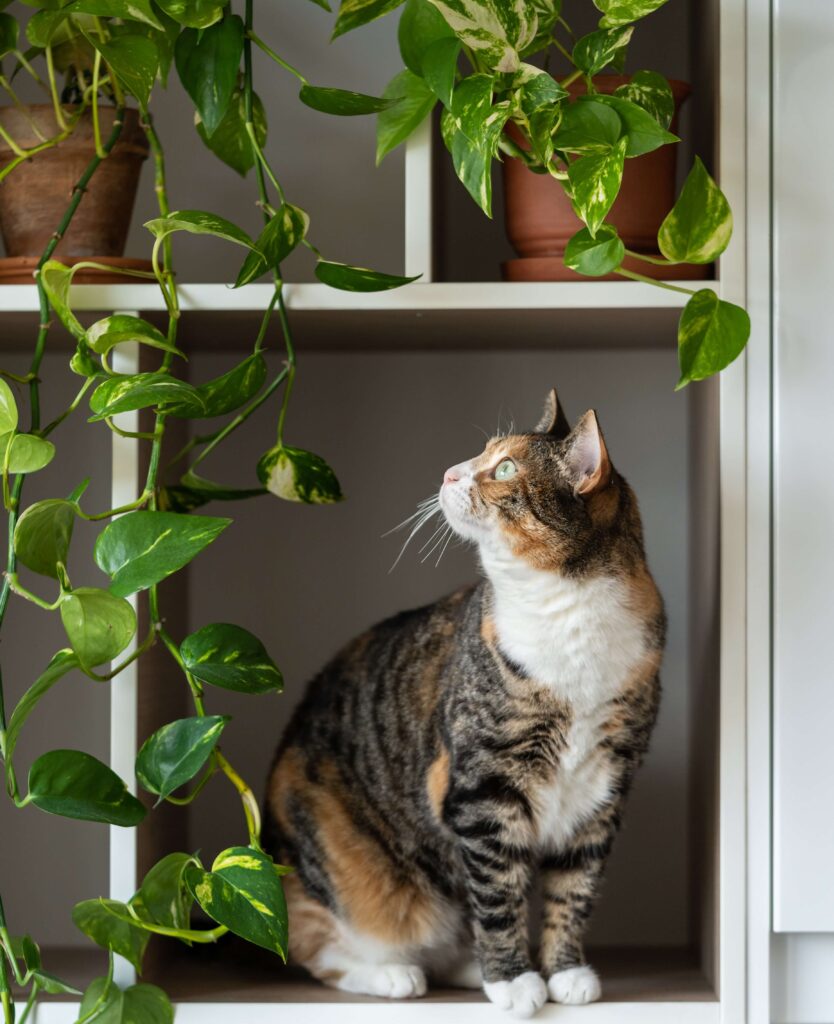
When we think of designing our homes, many people turn to plants to bring a sense of nature. The most well-known choice for a houseplant are Pothos ( Epipremnum aureum) that is frequently referred to as Devil’s ivy and is also known as Golden Pothos. Its beautiful heart-shaped leaves as well as its easy maintenance, it’s not a reason why pothos plants are among the most sought-after species of plants among those who love plants.But, as an owner of a pet you might be wondering: Are pothos plants poisonous to felines? Let’s dive into the subject and find out all you should be aware of the dangers of pothos plant species and their impact on feline companions.
Pothos plants are famous for their toughness and adaptability which makes them ideal to be used in indoor areas. They thrive in all lighting conditions, ranging from dim light to bright indirect sunlight and require little or no irrigation. This easy care is the reason for their popularity in households across America. USA. Although they’re gorgeous features to have in your home It is essential that you are aware the potential dangers to your pet, especially cats.
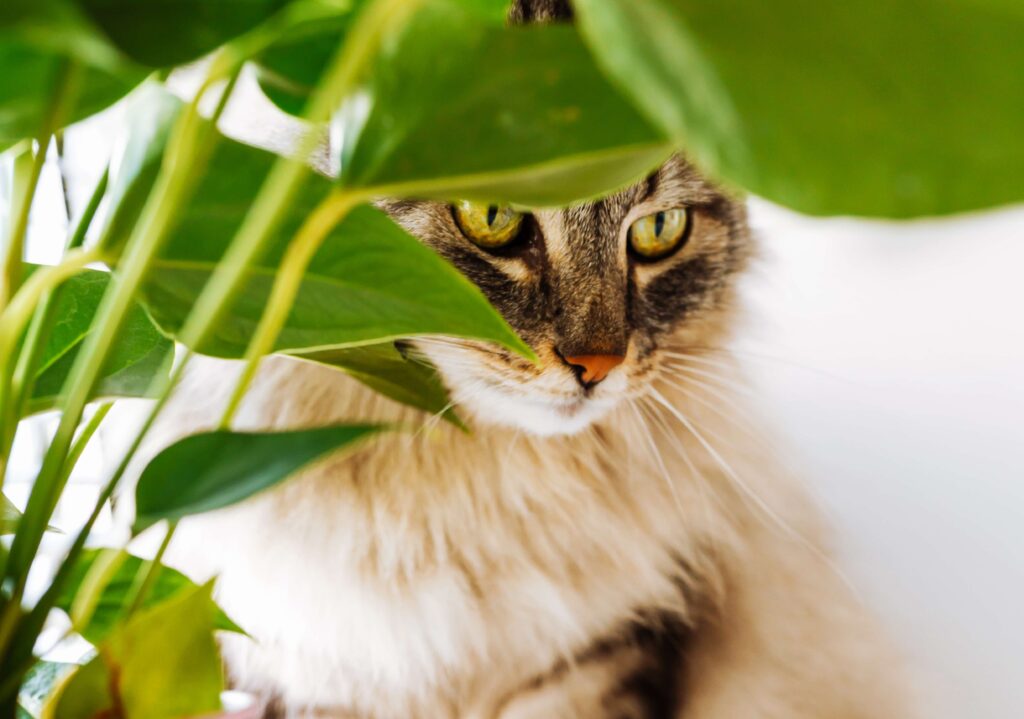
Toxicity of Pothos Plants
The biggest concern the most concerning issue with Pothos is the poisonous nature. Pothos can be a source of the calcium oxide crystals which can be harmful in the event of consumption. The tiny crystals could produce irritation for the throat, mouth and stomachs in cats. It is common for signs of toxicity to are noticed quickly after consuming the food and could vary in intensity in proportion to the amount of food consumed. The most frequent indicators to be on the lookout for are:
- Oral Irritation When your pet has chewed on a plantain leaf and is showing signs of discomfort, for example frequent drooling and pawing its mouth.
- Vomiting One of the most frequent reactions is vomiting. This could happen in just only a few minutes after consumption.
- Trouble swallowing Cats can struggle to swallow because of irritation to their throats.
If you experience any of these signs, it is crucial to call your doctor for advice.
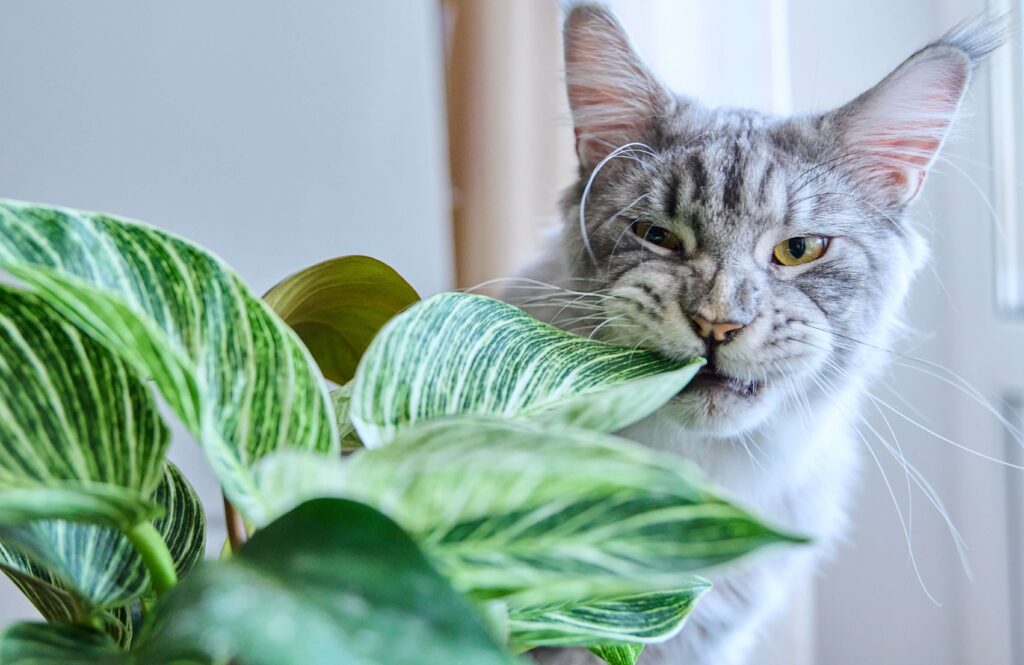
What to Do If Your Cat Eats Pothos
If you discover it is the case that your pet has eaten any of the components of a plant called pothos, there are steps to take:
- Review what happened: Find out how many grams of plant your cat has eaten. Small amounts of the plant can cause mild reactions, however more substantial amounts can trigger more severe reactions.
- Watch Your cat’s behavior: Keep an eye on your pet’s behavior to identify indications of discomfort or discontent. If your pet’s symptoms continue or become more severe than seek veterinary attention immediately.
- Make sure your cat has clean water. Make sure your pet drinks plenty of fluids as this can ease throat irritation and soothe irritation.
- Consult Your Veterinarian Always be in the safety of your own. If you’re unsure whether you’re in a serious problem, it’s a good idea to speak to your doctor.
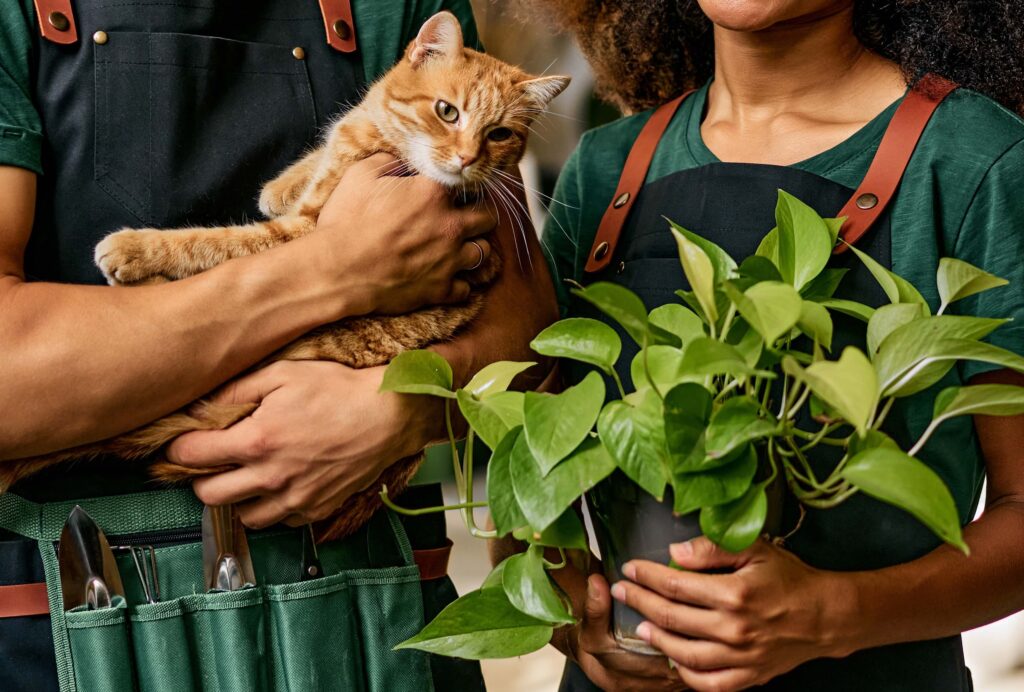
Preventing Pothos Plant Ingestion
Pet owners must understand that preventing is the key. Here are some ways to protect your cat and still enjoy the beauty of your houseplants:
- Position: Keep pothos plants out of reach of curious cats. Think about hanging pots or placing them on shelves that are high.
- Distraction Make sure your pet has plenty of secure, fun toys to distract them from chewing towards your plant.
- Non-toxic alternatives: If you’re searching for plants to plant in your home that are safe for cats, look into alternatives such as spider plants or Boston ferns. They are not poisonous and can add a splash of green to your house without the danger of causing damage to your pet.
Related Toxic Plants for Cats
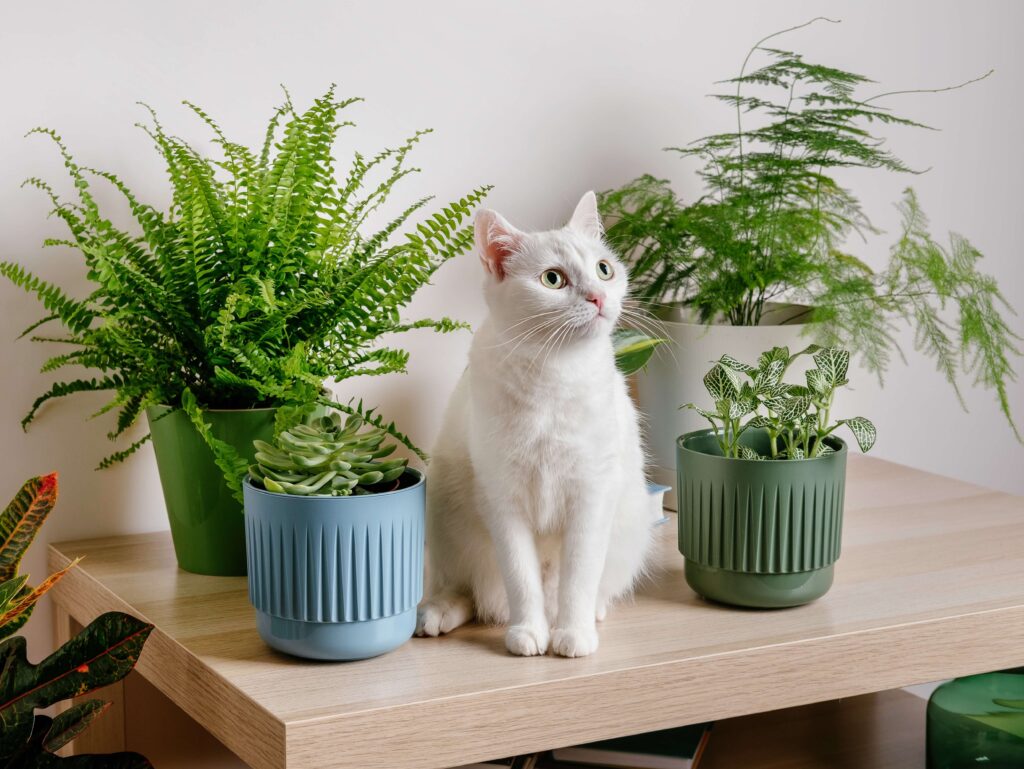
Although pothos plants are commonly a source of concern however, there are other plants that are toxic to cats. If you’re a responsible pet owner It is crucial to be aware of these:
- Lilies Highly toxic for cat, their consumption can cause kidney failure.
- Aloe Vera While it’s beneficial to humans, it may cause diarrhea and vomiting in cats.
- Philodendron: Like pothos, philodendrons contain calcium oxalate crystals and could cause oral irritation.
Conclusion
At the end of the day the pothos plant is toxic to cats due to being a source of calcium Oxalate crystals. They are gorgeous plants for your house, but you need to be vigilant in the event that you live with animals. If you’re aware potential dangers and take the appropriate precautions, you will be able to appreciate the beauty of pothos and protect your loved pets.Remember, if you ever suspect your cat consumed any poisonous plant you should seek out your vet. The security of your home for your furry family members is an absolute priority and recognizing the risks should be the very first thing you take to ensure their well-being.

Hi! My name is imran a dedicated gardener and lover of plants determined to bring the pleasure of gardening to everyone. With over a decade of knowledge, I’ve studied a range of questions that range from organic gardening techniques to the latest advancements in the area that concerns house plants. The site is an most reliable source to start your own private garden, regardless of the level of expertise you have. Join me in celebrating natural beauty and the art of gardening form!
